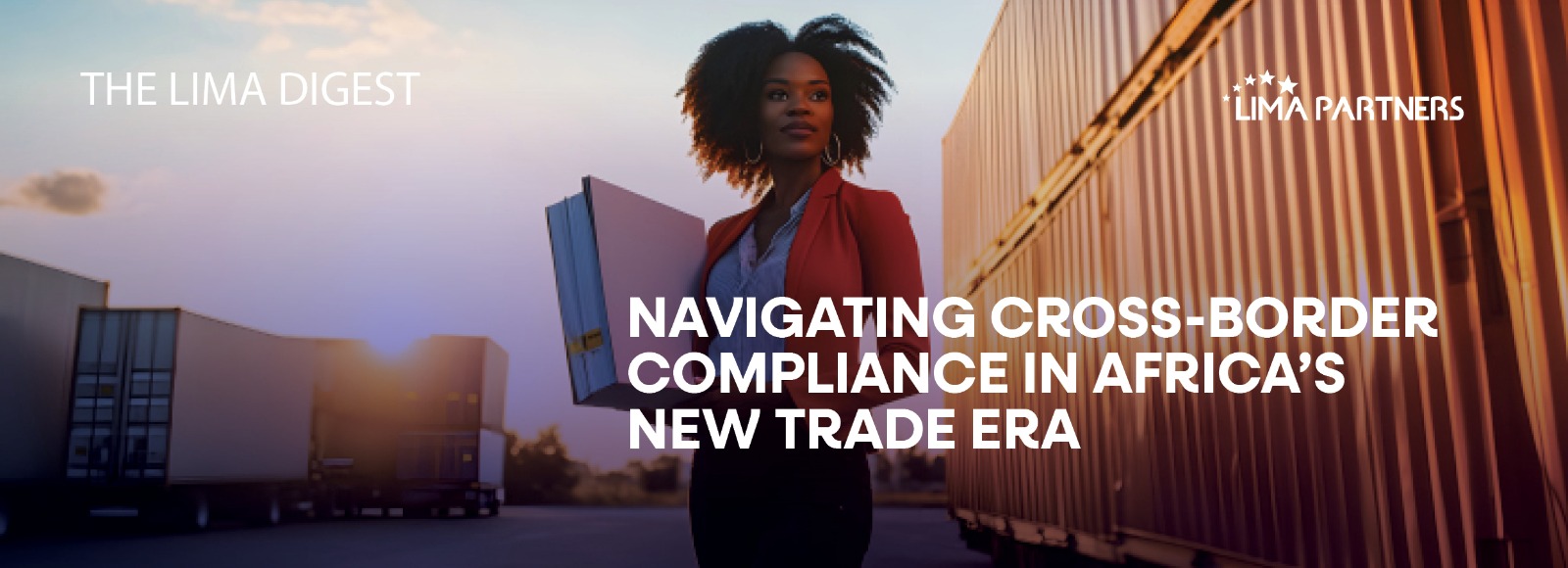
Making Sense of the AfCFTA for Multinational Businesses
The African Continental Free Trade Area (AfCFTA) has ushered in a transformative moment for intra-African commerce. With 54 countries onboard, the agreement aims to create a single market of over 1.3 billion people with a combined GDP of more than $3.4 trillion.
While the economic potential is staggering, multinational companies (MNCs) looking to expand or consolidate their African operations must confront a new layer of complexity: cross-border compliance.
AfCFTA: A Game-Changer for African Business
AfCFTA’s main objectives include:
- Reducing tariffs and eliminating barriers to trade
- Promoting investment and industrial development
- Harmonizing trade policies and regulations
- Facilitating movement of people and goods across borders
For MNCs, this opens doors to scale operations, streamline logistics, and reduce costs. But with opportunity comes the need to navigate differing local regulations, evolving regional protocols, and a growing emphasis on ethical business conduct.
The Compliance Landscape: Unified Yet Diverse
While AfCFTA encourages regulatory harmonization, national laws still apply. Labor laws in Kenya differ from those in Ghana. Tax compliance in Nigeria might look very different from Rwanda’s approach. This patchwork creates uncertainty for companies operating across multiple jurisdictions.
Key areas of complexity include:
- Customs & Tariff Regulations: Rules of Origin (RoO) must be strictly followed to benefit from AfCFTA’s tariff reductions.
- Taxation & Transfer Pricing: Avoiding double taxation and meeting differing local tax codes requires nuanced financial planning.
- Labor Compliance: Employment standards, benefits, and unionization rights vary widely across countries.
- Data Protection: National data privacy laws (e.g., Nigeria’s NDPR, South Africa’s POPIA) may conflict with one another—and are often stricter than regional standards.
Building a Cross-Border Compliance Strategy
To remain compliant and competitive, businesses should adopt a proactive, regionally integrated compliance framework by:
- Establishing Local Expertise
Leverage in-country legal teams or partners who understand national regulations and can guide implementation.
- Centralize Compliance Oversight
A regional compliance team can ensure policies align with AfCFTA protocols while adjusting for local nuances.
- Investing in Training
Conduct regular training sessions across departments to keep employees informed about local laws and AfCFTA obligations.
- Embrace Digital Compliance Tools
Use cloud-based platforms for customs documentation, audit trails, and real-time regulation tracking across countries.
Opportunities for Compliance-Driven Growth
Compliant companies will enjoy faster customs clearance, smoother logistics, and increased trust with regulators and partners. More importantly, they’ll be positioned as credible players in an increasingly transparent African market.
As AfCFTA evolves, it’s expected to introduce continent-wide policies on competition, intellectual property, e-commerce, and investment protection. Businesses that stay ahead of compliance will not just survive—they’ll thrive.
Conclusion
The AfCFTA is not just a trade deal—it’s a framework for African economic integration. For multinational companies, this is a chance to build a future-proof strategy that combines growth with integrity.
Now is the time to invest in robust, forward-thinking compliance systems. The companies that prioritize ethical operations and regulatory alignment today will lead tomorrow’s continental economy.
